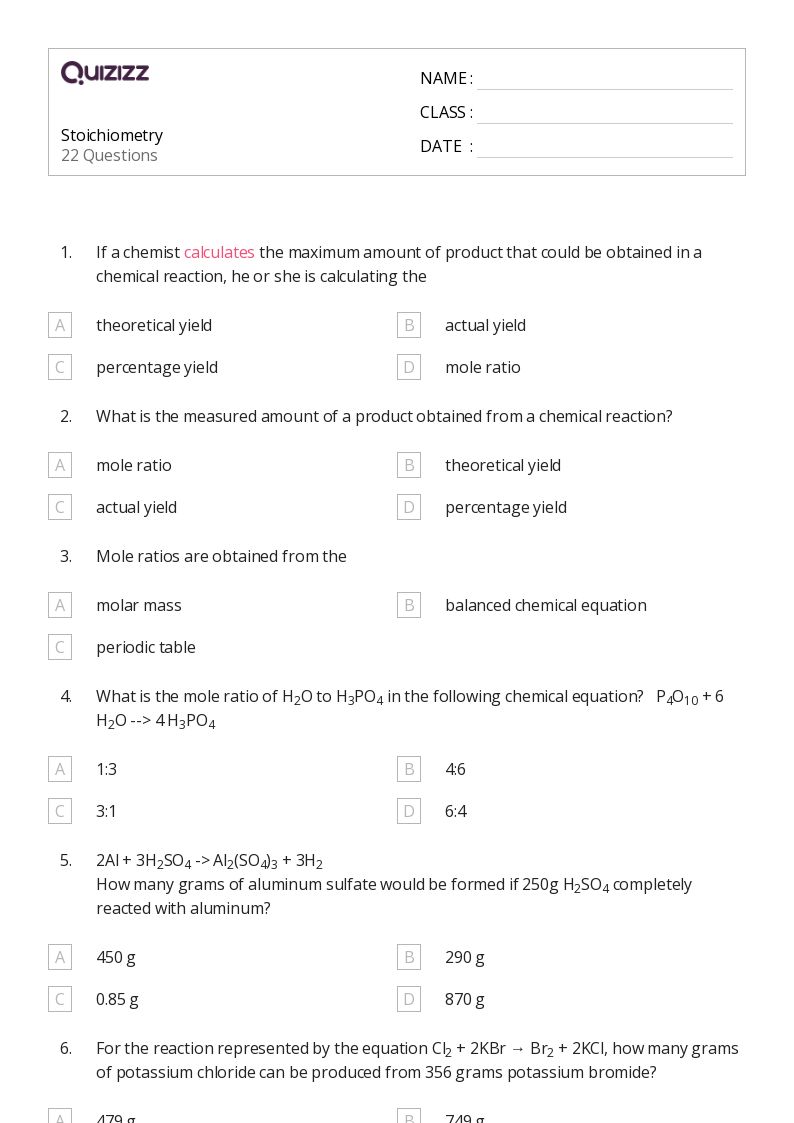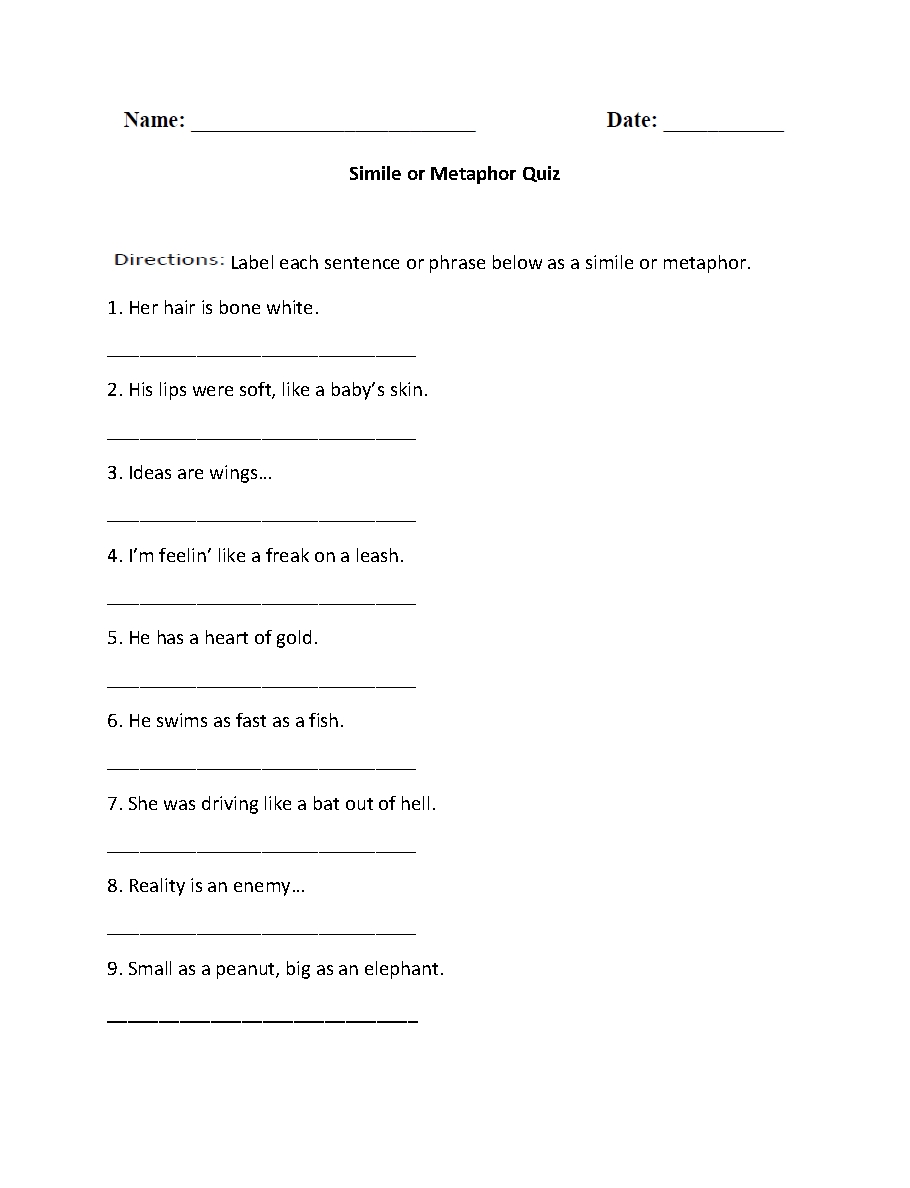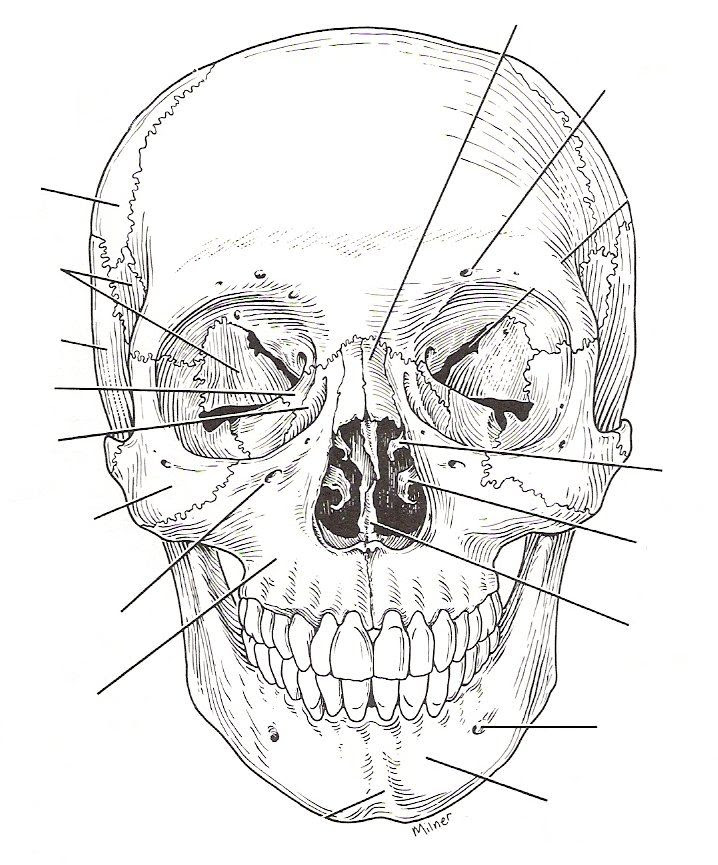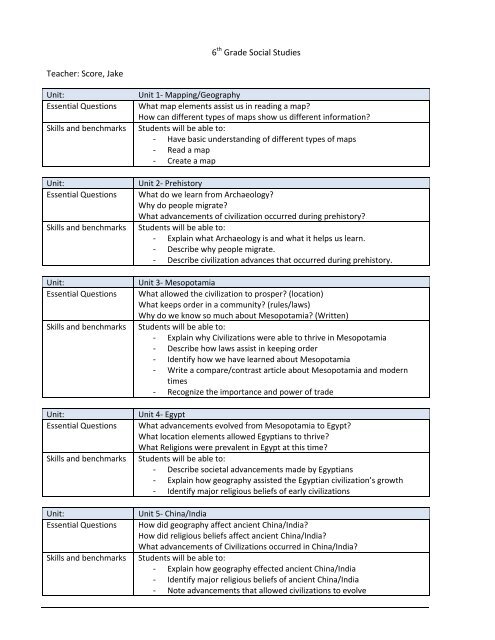5 Ways to Master Was vs Were

Understanding the Basics of Was vs Were
The words “was” and “were” are two of the most commonly used verbs in the English language. They are both forms of the verb “to be,” which is used to describe a state of being or existence. However, the main difference between “was” and “were” lies in their usage, with “was” being used for singular subjects and “were” being used for plural subjects.
In this article, we will explore the five ways to master the usage of “was” and “were” in different contexts.
1. Singular vs Plural Subjects
The most basic rule to remember is that “was” is used for singular subjects, while “were” is used for plural subjects. A singular subject refers to one person, place, or thing, whereas a plural subject refers to more than one person, place, or thing.
- Singular subject: The cat was sleeping on the couch.
- Plural subject: The cats were sleeping on the couch.
However, there are some exceptions to this rule. For instance, when using the subjunctive mood, “were” is used for singular subjects, especially in formal or hypothetical situations.
- Subjunctive mood: I wish I were a millionaire.
- Formal situation: It is necessary that he were present at the meeting.
2. Verb Tense and Aspect
The usage of “was” and “were” also depends on the verb tense and aspect. In the simple past tense, “was” is used for singular subjects and “were” is used for plural subjects.
- Simple past tense: She was a student at Harvard University.
- Simple past tense: They were students at Harvard University.
However, in the past perfect tense, “had been” is used instead of “was” or “were”.
- Past perfect tense: She had been a student at Harvard University before moving to New York.
3. Conditional Sentences
In conditional sentences, “were” is used instead of “was” to describe a hypothetical or uncertain situation.
- Conditional sentence: If I were you, I would not do that.
- Conditional sentence: If it were not for your help, I would not have passed the exam.
However, in some cases, “was” can be used in conditional sentences, especially in informal situations.
- Informal conditional sentence: If I was you, I would not do that.
4. Nouns and Pronouns
The usage of “was” and “were” also depends on the type of noun or pronoun used. For instance, collective nouns such as “team” or “family” can take either “was” or “were”, depending on the context.
- Collective noun: The team was victorious in the final match.
- Collective noun: The team were all wearing their uniforms.
However, when using indefinite pronouns such as “someone” or “anyone”, “was” is used instead of “were”.
- Indefinite pronoun: Someone was at the door.
- Indefinite pronoun: Anyone was welcome to join the party.
5. Idiomatic Expressions and Phrasal Verbs
Finally, there are some idiomatic expressions and phrasal verbs that use “was” or “were” in a specific way. For instance, the phrase “as if” is often used with “were” to describe a hypothetical situation.
- Idiomatic expression: He spoke as if he were a native speaker.
- Phrasal verb: The package was wrapped in brown paper.
However, some idiomatic expressions and phrasal verbs use “was” instead of “were”.
- Idiomatic expression: It was as if the whole world had come to an end.
- Phrasal verb: The play was put on at the local theater.
What is the main difference between "was" and "were"?
+The main difference between "was" and "were" lies in their usage, with "was" being used for singular subjects and "were" being used for plural subjects.
When is "were" used for singular subjects?
+"Were" is used for singular subjects in the subjunctive mood, especially in formal or hypothetical situations.
What is the difference between "was" and "were" in conditional sentences?
+In conditional sentences, "were" is used instead of "was" to describe a hypothetical or uncertain situation. However, in some cases, "was" can be used in conditional sentences, especially in informal situations.
Understanding the usage of “was” and “were” can be challenging, especially for non-native English speakers. However, by mastering the five ways to use “was” and “were” correctly, you can improve your grammar and communicate more effectively in English. Whether you’re writing a formal essay or chatting with friends, using “was” and “were” correctly can make a big difference in how you express yourself.
Related Terms:
- Was were worksheet grade 6
- Past Tense Worksheet
- Have has Worksheet pdf
- Was and were worksheet online
- Was / were exercise
- Simple past tense worksheet PDF



